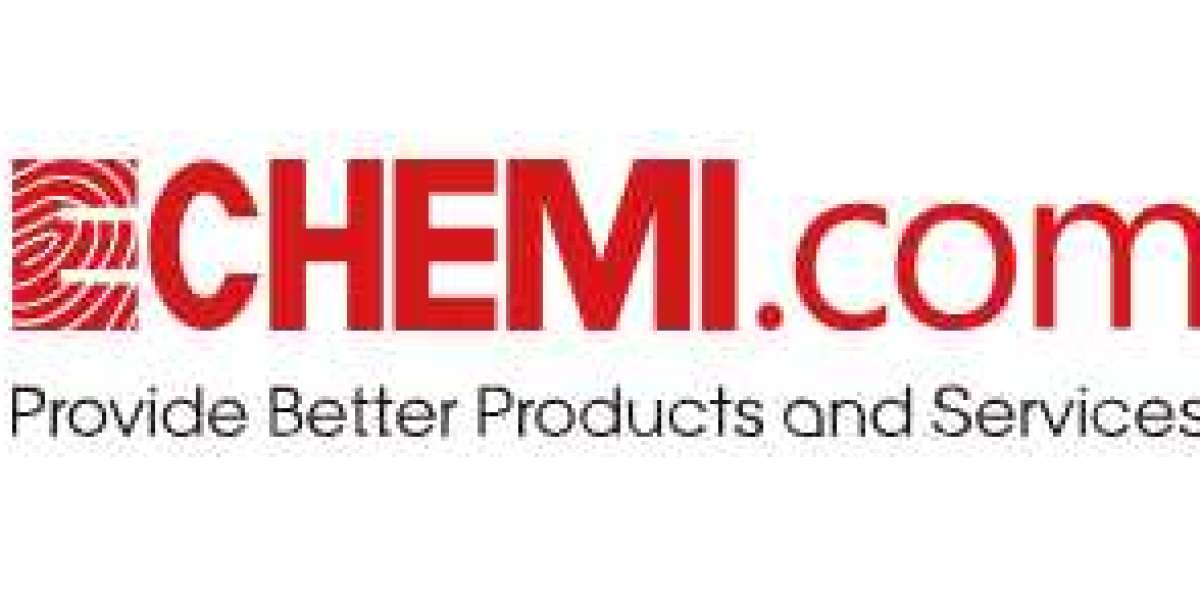In the intricate journey of a drug from laboratory to patient, the active pharmaceutical ingredient manufacturers is the fundamental component responsible for its therapeutic effect. Ensuring the safety, quality, and efficacy of this ingredient is paramount, and this responsibility falls heavily on the robust framework of global regulatory approvals. For API manufacturers, navigating this complex landscape is not merely a procedural hurdle; it is a core business imperative and a testament to their commitment to global public health.
The cornerstone of API regulation is the Good Manufacturing Practice (GMP) framework. Regulatory bodies like the U.S. Food and Drug Administration (FDA) and the European Medicines Agency (EMA) enforce stringent GMP guidelines that govern every aspect of production. This goes far beyond testing the final product. It encompasses a holistic approach to quality assurance, requiring manufacturers to validate their manufacturing processes, maintain pristine facility hygiene, ensure the qualifications and training of personnel, and implement rigorous control over raw materials. A GMP inspection is a deep dive into the manufacturer's quality system, assessing its ability to consistently produce an API that meets pre-defined specifications for identity, strength, purity, and quality.
The primary vehicle for obtaining regulatory approval is the submission of a Drug Master File (DMF). This is a confidential, detailed document submitted directly to the regulatory authority that contains all the scientific information about the API. The DMF describes the manufacturing process in exhaustive detail, including the synthesis pathway, in-process controls, and the characterization of the API and its potential impurities. It also provides comprehensive data on the analytical methods used to test the API and stability studies that demonstrate its shelf life. A DMF is typically referenced by a drug product manufacturer (the "holder" of the New Drug Application or Marketing Authorization Application) to support their filing, thereby allowing the regulatory agency to review the API information without disclosing the manufacturer's intellectual property to the client.
The global nature of the pharmaceutical supply chain adds another layer of complexity. An API manufactured in one country may be used in a drug product sold in dozens of others. Consequently, manufacturers must seek approvals from multiple regulatory agencies, each with its own nuances. Initiatives like the International Council for Harmonisation (ICH) have made significant progress in harmonizing technical requirements, but differences in inspection protocols and submission timelines persist. A successful API manufacturer must therefore maintain a state of perpetual audit-readiness, capable of demonstrating GMP compliance to any major regulatory authority at any time.
In essence, regulatory approvals for API manufacturers are the essential gatekeepers that ensure the integrity of the global medicine supply. They transform a chemical compound into a trusted therapeutic agent. For a manufacturer, a successful track record of approvals is its most valuable asset—a symbol of quality, reliability, and a unwavering dedication to the principle that every patient deserves a safe and effective medicine.








